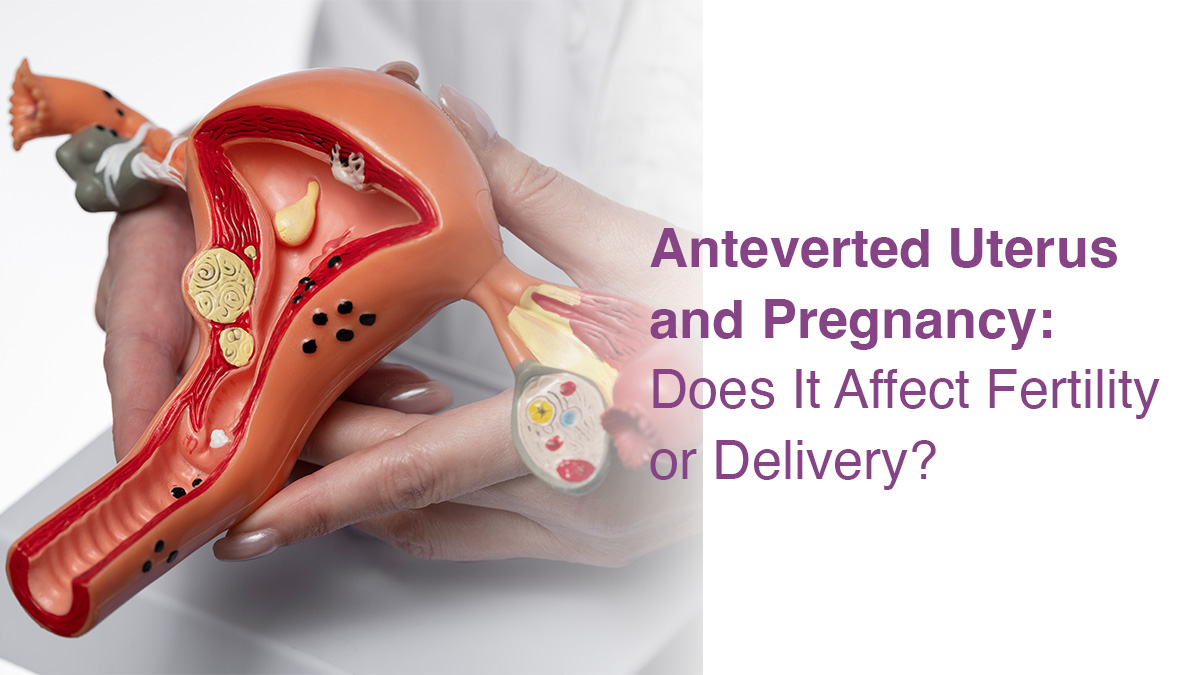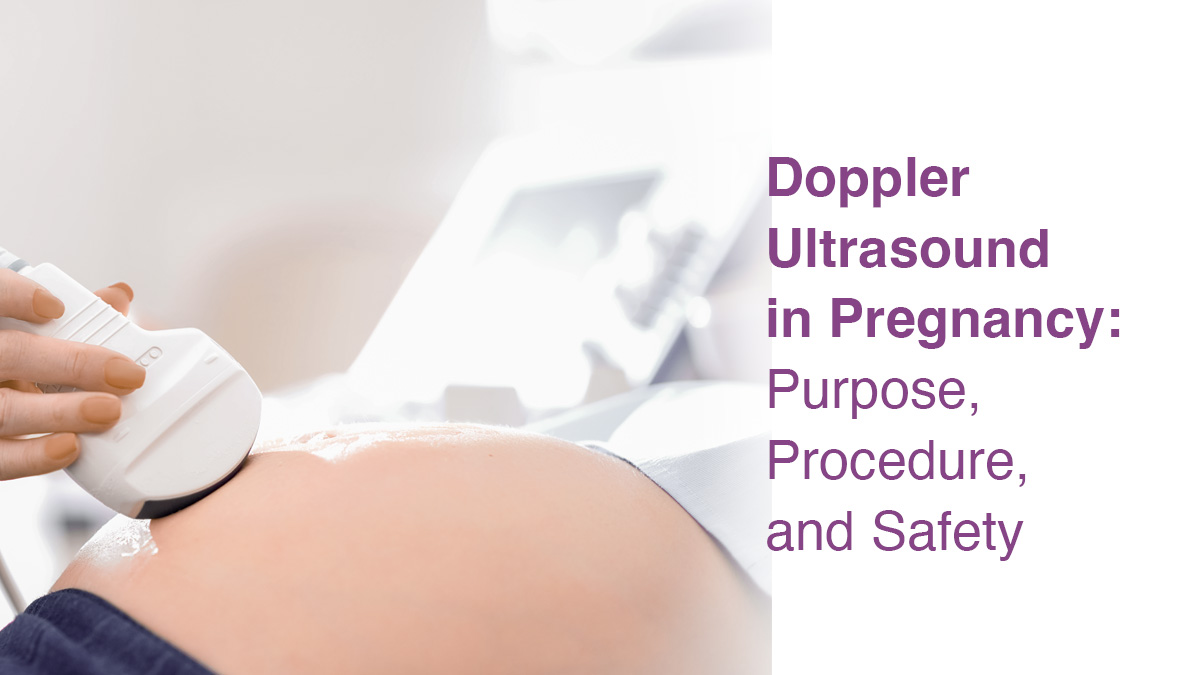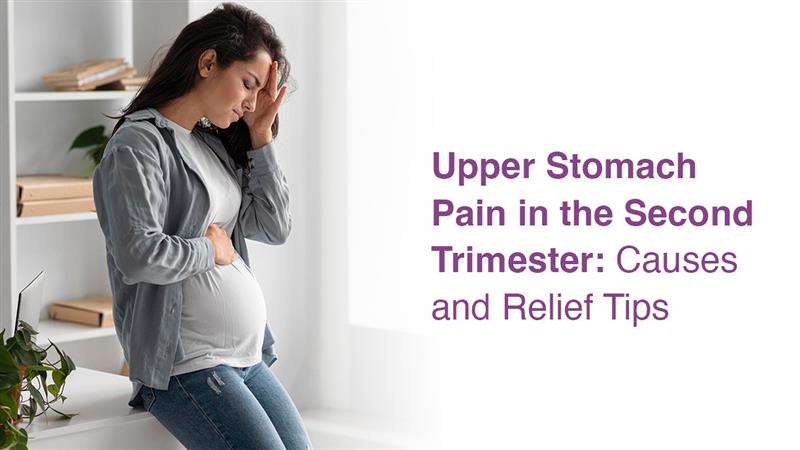
Guide to Female Hormone Disorders

Struggling with unexplained weight gain, mood swings, or irregular periods? These issues might be due to hormone imbalances in women, a concern that many women in India face. With hormones regulating everything from metabolism to mood, an imbalance can lead to multiple health issues. In this article, we will uncover the most common hormonal disorders affecting Indian women, along with their symptoms, diagnosis, and treatment options. Let us explore the critical role hormones play in your health and discover how to maintain balance amidst the challenges.
What are Hormones? What Role do They Play?
Hormones are chemical messengers produced by glands in the endocrine system, such as the thyroid, pituitary, and ovaries. They play critical roles in regulating bodily functions, including reproductive health, metabolism, and mood. In women, hormones like estrogen, progesterone, and insulin are essential for menstrual cycle regulation, fertility, and overall health. Any imbalance can lead to significant health issues, necessitating a deeper understanding of hormone problems in female health.
Common Hormonal Disorders in Indian Women
1. Polycystic Ovary Syndrome (PCOS):
PCOS is a prevalent hormonal disorder among Indian women, characterized by irregular periods, weight gain, acne, and excessive hair growth. Genetics and lifestyle factors like diet and physical inactivity contribute to PCOS. The condition often leads to PCOS disorder symptoms such as insulin resistance and infertility. Diagnosing PCOS early is crucial for managing symptoms and preventing long-term complications.
2. Thyroid Disorders:
Thyroid disorders, including hypothyroidism and hyperthyroidism, are common in India. Hypothyroidism is marked by weight gain, fatigue, and menstrual irregularities, while hyperthyroidism causes weight loss, anxiety, and increased heart rate. Thyroid disorders can impact a woman’s energy levels, metabolism, and reproductive health. Hypothyroidism symptoms often overlap with other conditions, making diagnosis challenging without proper thyroid function tests.
3. Premenstrual Syndrome (PMS) and Premenstrual Dysphoric Disorder (PMDD):
PMS and PMDD affect women’s emotional and physical well-being before menstruation. PMS symptoms include mood swings, bloating, and breast tenderness. PMDD is a more severe form, leading to extreme mood changes and depression, impacting daily life. Distinguishing between PMS and PMDD is crucial for appropriate treatment, as PMDD requires more intensive care.
4. Diabetes:
Type 1 diabetes is autoimmune, while Type 2 diabetes is linked to lifestyle factors and genetic predisposition. Diabetes affects hormonal balance and can lead to complications like age, infertility, and pregnancy-related issues. Managing diabetes symptoms involves monitoring blood sugar levels and ensuring proper insulin function.
Diagnosis and Treatment Options of Hormonal Disorders
Accurate diagnosis is vital in managing hormonal disorders. This involves medical consultation, blood tests, and imaging studies. Treatment options vary based on the disorder:
Medication:
Hormone replacement therapy (HRT), insulin, and thyroid medications help restore hormonal balance.
Lifestyle Changes:
Diet, exercise, and stress management are essential in managing conditions like PCOS and diabetes.
Traditional Remedies:
Ayurveda and yoga are culturally accepted treatments in India, often used alongside conventional medicine.
Lifestyle Modifications for Hormonal Balance
Lifestyle changes help in managing hormone problems in female health.
Diet:
A balanced, healthy diet, rich in whole grains, lean proteins, and healthy fats, supports hormone health. Various diets can also be considered, such as:
- Intermittent Fasting: This diet involves alternating periods of eating and fasting. It can help with weight management and improve insulin sensitivity. However, it is essential to approach intermittent fasting with caution, especially for women, as it can sometimes lead to hormonal imbalances if not done correctly. It is advisable to consult a healthcare professional before starting this diet.
- Keto Diet: A ketogenic diet is high in fats and low in carbohydrates, promoting fat burning for energy. While it might be effective for weight loss and insulin regulation, it is crucial to monitor its impact on thyroid function and regular menstruation. As always, it is recommended to take guidance from a healthcare expert before starting any new diet.
Exercise:
Regular physical activity helps regulate metabolism and insulin sensitivity, especially for PCOS problems. However, it is important not to overdo it. A balanced approach with moderate intensity workouts, including both cardio and strength training, is recommended. Aim for at least 150 minutes of moderate aerobic activity or 75 minutes of vigorous activity each week, along with muscle-strengthening exercises on two or more days a week.
Stress Management:
Practices like yoga and meditation reduce stress, supporting hormonal balance.
Traditional Indian Practices:
Ayurveda offers herbal remedies and dietary adjustments that may complement conventional treatments. However, it is best to consult your healthcare provider before beginning any such alternative treatments.
Wrapping It Up
Hormonal imbalances significantly impact women’s health in India. Understanding these disorders and seeking timely diagnosis and treatment is crucial. Incorporating lifestyle modifications, including traditional Indian practices, can enhance well-being and manage hormone problems in female health. With increased awareness and proactive healthcare, Indian women can lead healthier lives despite the challenges of hormonal disorders.


fill up the form to get a
Free Consultation
Avail 0% interest on EMI
All Procedures | No Upper Limit
Frequently Asked Questions
What are female hormonal disorders?
Can hormonal imbalance go away?
How do you check your hormone levels?
Can I check my female hormone levels at home?
How we reviewed this article:
- Current Version
- July 26, 2024 by Oasis Fertility
- May 29, 2024 by Oasis Fertility





